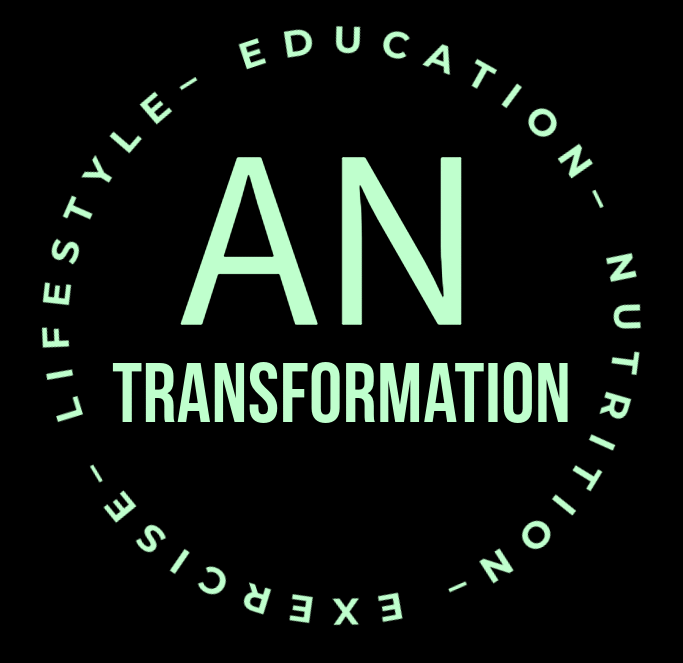You may hear a lot of people talk about eating protein but understanding why protein is important is key, below i explain the importance of protein and guidance on how much protein you need and tips on how to get enough protein in your diet:
Function of Protein in the Body:
Muscle and Tissue Building
When you exercise and in particular resistance training you create tears in the muscle fibres in the body, the body requires amino acids that are from Protein to aid In repairing and growing the muscle fibres to aid them getting stronger and larger as training continues/progresses.
Additional to muscles, Protein is also used to grow or repair the following parts in the body:
- Skin
- Hair and Nails
- Organ Tissues
Enzymes and Hormones
Immune Function
Fluid Balance and PH Regulation
Energy Source (when required by the body in certain scenarios)
How much protein should you have?
0.75-1.0 grams per day of bodyweight in Kg for a person that is Sedentary (Little to no activity)
Example: A Sedentary person weighing 80kg will require at least 60-80 grams of protein per day.
1.2-1.8 grams per day of body weight in Kg for a person that engages in regular physical activity/exercise.
Example: A an active person weighing 80kg will require 96-144 grams of protein per day.
2.0-2.2 grams per day of bodyweight in Kg for a person that regularly performs strength and power training (resistance training.
Example: An 80kg person would require 160-176 grams of protein per day.
What foods can I get Protein from?
Eggs
Poultry (Chicken, Turkey)
Fish and Seafood
Meat (Beef, Pork, Lamb)
Lentils
Soy Products (Tofu, Tempeh)
Beans (Black Beans), Kidney Beans, Chickpeas
Dairy Products (Milk, Cheese, Yoghurt)
Nuts
Quinoa and Amaranth
Protein Supplements (Protein Powders, Protein Bars)
Tips for reaching your Protein Goals each day
Distribution of Protein – Aim to spread your intake of protein throughout the course of the day, if you ensure protein is included in each meal during the day this will give you the best chance of reaching your daily protein target.
A good tip is to ensure you have sufficient protein in your breakfast, this will give you a head start towards reaching your daily protein target, research finds that if you include sufficient protein in your breaksfast it increases the change of reaching protein targets and it also prevents the need to consume large amounts of protein throughout the rest of the day to reach the daily target.
As Protein has a strong satiety level (to keep you feeling fuller for longer) having protein in your breakfast prevents you from getting hungry sooner.
Mix animal and plant proteins (unless you don’t each Animal products). By doing this it will provide variety and also a mix of amino acids, vitamins, minerals and fibre in your diet.
Choose lean cuts – Choosing lean cuts or meat or poultry or low fat dairy products with give you protein but will also reduce the amount of fat you are consuming as some forms of protein also include high levels of fat.
Experiment with plant based proteins – A lot of people do not include or consider plant based proteins within their diet to reach their protein goals, however, these often give a high value of nutrients within them, experimenting with these can give you more options to include in your meals.
Snacks – If you do snack, there are a lot of products available that can be protein rich and help to achieve your protein targets. Some of these can be nuts, cottage cheese, humous, Greek Yoghurt or high protein snacks that are available like Protein yoghurts, protein puddings, protein bars.
Read labels – Although a lot of snack products are stated as high in protein, check the labels as a lot of these also include a lot of sugars to make them taste better.
Stay Hydrated – Having a high amount of protein in your diet can increase the need for fluids so ensuring you have enough water throughout the day is important.


